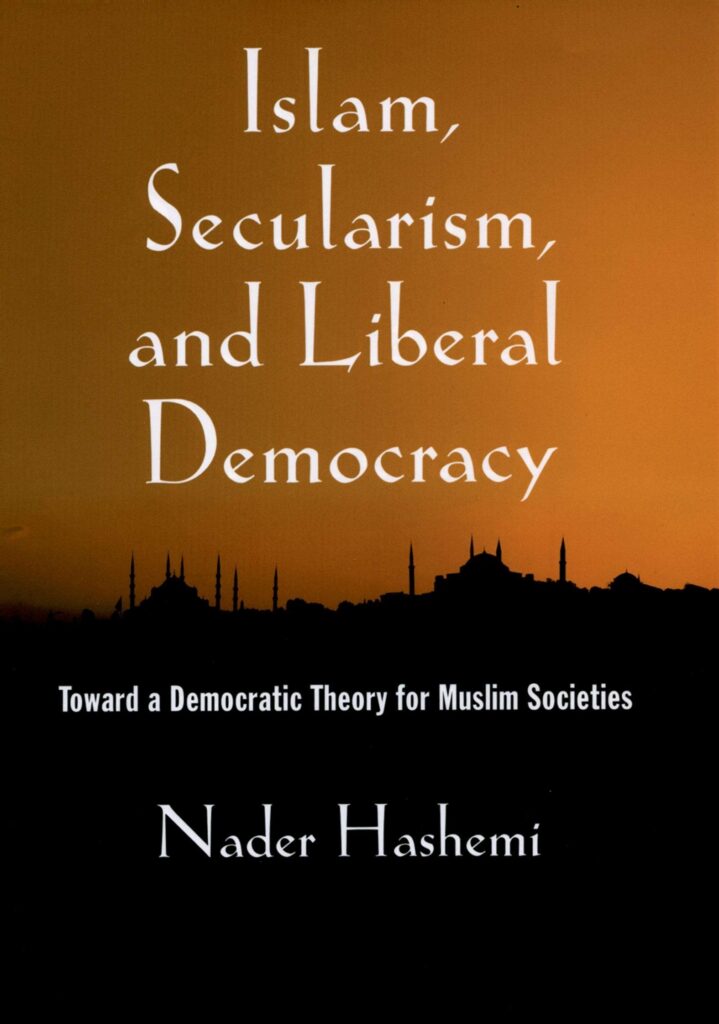ISLAM AND HUMAN RIGHTS
Published December 21st, 2022
This four-volume compendium delves into topics such as the theology of rights in Islam, comparative explorations, and a historical study of human rights in Muslim-majority societies spanning Africa, the Middle East, and South and South East Asia during the 20th and early 21 centuries. Moreover, it explores how Muslim women and men have understood their faith and evolving notions
of rights and liberties.
Volume 1 analyzes the relationship between religion and human rights along with “Western” and “Islamic” human rights schemes. Volume 2 traces early and later Muslim responses to human rights during the 20th century. Volume 3 considers the political context in the struggle for human rights in Muslim
societies by focusing on state-society relations. Volume 4 explores shariʽah and
contemporary human rights controversies by surveying subjects such as: women’s rights which is described as the locomotive of societal change, apostasy and blasphemy laws, as well as LGBT and labor rights.
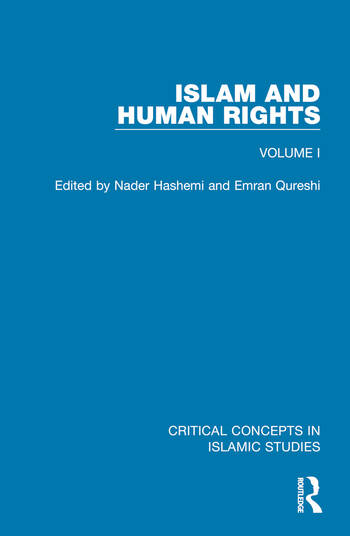
SECTARIANIZATION
Published March 15th, 2017
As the Middle East descends deeper into violence and chaos, “sectarianism” has become a catch-all explanation for the turmoil in the region. The strife engulfing the region is attributed to what President Obama has called “ancient sectarian differences” that “date back millennia.” Putatively it is these primordial forces that make violent conflicts intractable and any attempt to ameliorate them futile. In media and policy discussions, sectarianism has come to possess trans-historical causal power.
This book challenges the use of “sectarianism” as a magic-bullet explanation for the region’s ills by focusing on the process by which various conflicts in the Middle East have morphed from non-sectarian or cross-sectarian (and nonviolent) uprisings/movements into sectarian battles and civil wars. In multiple case studies—Syria, Iraq, Lebanon, Bahrain, Yemen, Kuwait, Saudi Arabia—as well as historical and theoretical chapters, this book maps the dynamics and evolution of the sectarianization process, exploring not only how but why it has taken hold. Rejecting an Orientalist analytical framework the contributors critically examine the constellation of forces—both within societies and external/regional actors (the Saudi-Iranian rivalry)—that drive the sectarianization process and explore how the region’s politics can be de-sectarianized. Featuring several of the leading scholars in the field—including historians, anthropologists, political scientists, and international relations theorists—this book is a major and unique contribution to the scholarly literature and to the policy discussion. It will do nothing less than redefine the terms of debate on one of the most critical issues in international affairs today.
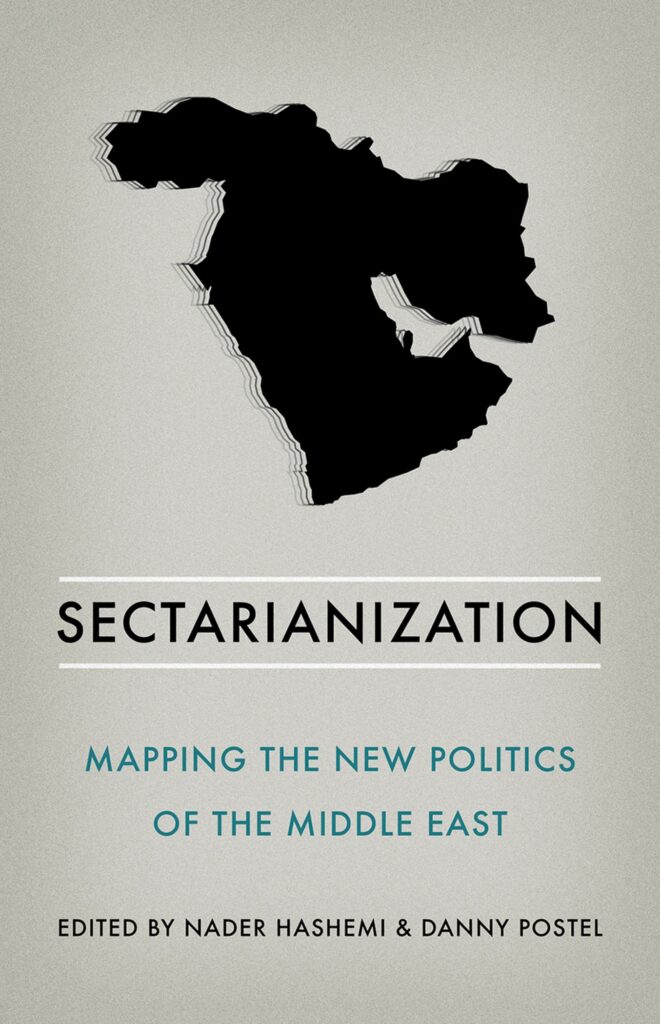
THE SYRIA DILEMMA
Published September 13th, 2013
Can we stop the bleeding in Syria without its becoming another Iraq? The United States is on the brink of intervention in Syria, but the effect of any eventual American action is impossible to predict. The Syrian conflict has killed more than 100,000 people and displaced millions, yet most observers warn that the worst is still to come. And the international community cannot agree how respond to this humanitarian catastrophe. World leaders have repeatedly resolved not to let atrocities happen in plain view, but the legacy of the bloody and costly intervention in Iraq has left policymakers with little appetite for more military operations. So we find ourselves in the grip of a double burden: the urge to stop the bleeding in Syria, and the fear that attempting to do so would be Iraq redux.
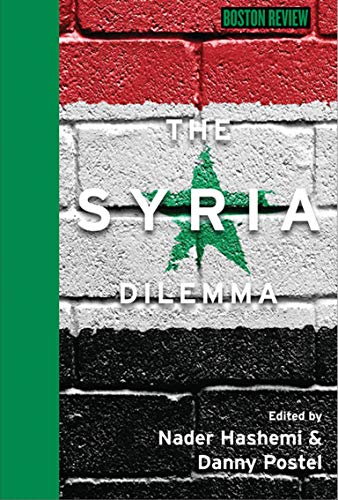
THE PEOPLE RELOADED
Published March 24th, 2011
Since June of 2009, the Islamic Republic of Iran has seen the most dramatic political upheaval in its three decades of rule. What began as a series of mass protests over the official results of a presidential election—engendering the slogan “Where is My Vote?”—has grown into something much larger, indeed the largest political protest since the 1979 revolution.
The Green Movement has been described as “an Iranian intifada,” a “great emancipatory event,” a “grassroots civil rights movement a century in the making,” and “something quite extraordinary, perhaps even a social revolution.” What are the movement’s aims—are they revolutionary, reformist, or something else altogether? Does it have a chance of fundamentally changing Iranian politics or removing president Mahmoud Ahmadinejad from office?
This momentous anthology explores these critical questions and others by assembling the key statements, communiqués, manifestos, interviews, and debates to have emerged from this vibrant social movement—many of which are translated and published here for the first time. This indispensable volume is the first to bring together the leading voices and key players in Iran’s Green Movement, providing an intellectual and political road map to this turning point in Iran’s history and a vital resource for the study of Iran, social movements, and the future of the Middle East.
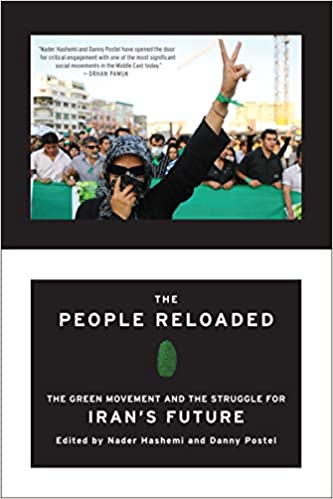
ISLAM, SECULARISM, AND LIBERAL DEMOCRACY
Published April 8th, 2009
Islam’s relationship to liberal-democratic politics has emerged as one of the most pressing and contentious issues in international affairs. In Islam, Secularism, and Liberal Democracy, Nader Hashemi challenges the widely held belief among social scientists that religious politics and liberal-democratic development are structurally incompatible. This book argues for a rethinking of democratic theory so that it incorporates the variable of religion in the development of liberal democracy. In the process, it proves that an indigenous theory of Muslim secularism is not only possible, but is a necessary requirement for the advancement of liberal democracy in Muslim
societies.
